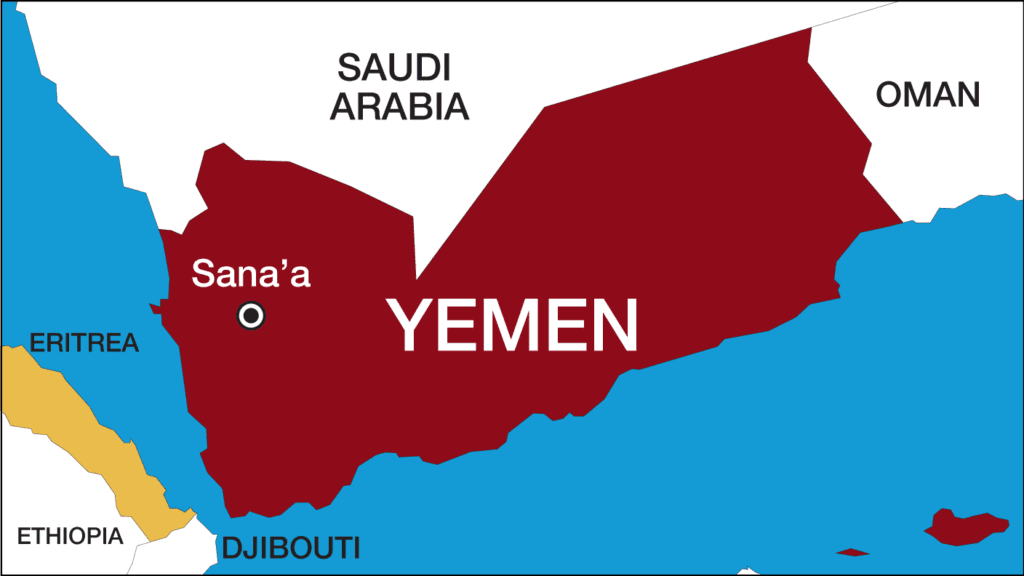The Yemeni civil war
The Yemeni civil war.

The Yemeni civil war. One of the most critical problems around the world, yet it receives a minimal amount of support and media attention.
The Yemenis have been against their long-term president, and so wanted to force him out of the presidency to give his role to his deputy. When Hadi, the deputy, took over, be seemed to lack administrative skills, such as protection from attacks, food provision, and even employment. A political group- the Houthis- have advantaged from the current president's weakness, by taking over the northern part of Yemen: Sabba. Ordinary Yemenis were unaware of how much trouble this would eventually cause, and it started out by their support of the Houthis.
By early 2015, these rebels took total control over the Yemeni capital, Sanaa. But that was only the beginning. Tricked by the holy amount of power in their hands, they tried to control the whole country. They were thought to have receiver bids from their former president, who they wholeheartedly support, Saleh.
A few other Arab states, one of which was Saudi Arabia, believed that this movement was funded by Iran, and so started aiming air forces at the Houthis to try and take them down. They're also trying to find Hadi to rule them again.
This was when it started receiving recognition from Western countries, such as the UK, the US, and France. KSA only said that this war will last for a few weeks, but 5 years later, here we are. Some Houthis were driven out of their areas, which encouraged them to emphasize their security, and they did. By 2019, the air attacked two of Saudi's oil rigs, which represent more than half of the country's oil abundance. Even after the Houthis claimed it was them, KSA blamed it on Iran instead.
After a few more security restrictions, fuel and food prices increased dramatically, and while they allied with Ali Saleh, that alliance broke free, and it resulted in Saleh's homicide. They even destroyed the Hudaydah port, which was a good transit of supplies for around 75% of Yemenis, and this was the straw that broke the camel's back. Ever since, Yemen has been experiencing a deadly state of famine amongst most citizens. The UN has tried to dial down all the chaos by persuading both sides to enter a ceasefire, which has also forced them to exchange their prisoners.
However, that ceasefire was soon broken by the STC (Southern Transitional Council, which
was formed by Ali Saleh) forces, and while the UN hoped to clear things again, they only got worse and more intense.
By March 2020, at least 7,700 civilians died, most of them as an aftermath of Saudi's air raiding. All the other from avertible causes, such as malnourishment, famine, lack of clean water, and inadequate healthcare.
Yemenis continue to suffer every day, with barely any recognition from the world.
By: Zeina Hamshary

Comments
Post a Comment